
SPECIAL TIME EDITION
CYBERSECURITY
Hacking, the Dark Web and You

ANONYMOUS The face of the hacker
Contents
 For more one-of-a-kind TIME special editions and keepsakes, go to timespecialeditions.com
For more one-of-a-kind TIME special editions and keepsakes, go to timespecialeditions.com
Parts of this edition appeared previously in TIME and Fortune.
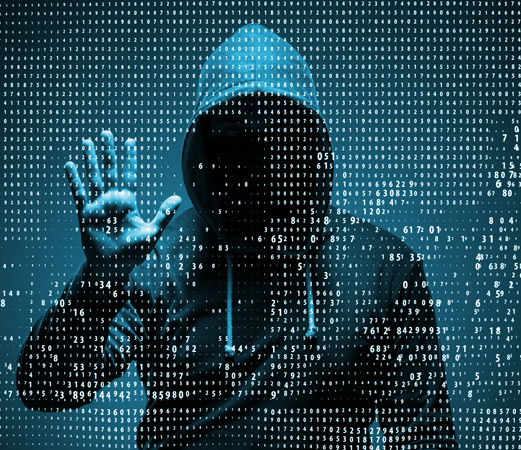
CHAPTER ONE
The Danger of the Web
The internet was conceived as a utopia of shared human knowledge. Yet for all the good it has wrought, the Web has also harbored bad actors, from hackers to terrorists
THE DEEP WEB FIGHTING REVENGE PORN THE YEAR OF THE HACKER
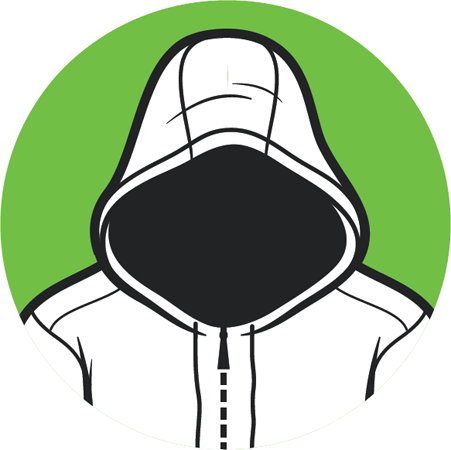
The Deep Web
Some 10 years ago, the government built a totally private, anonymous network. Then it became a haven for drugs and child pornography By Lev Grossman and Jay Newton-Small
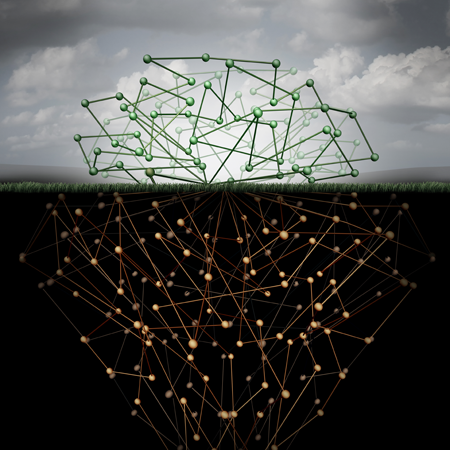
The afternoon of Oct. 1, 2013, a tall, slender, shaggy-haired man left his house on 15th Avenue in San Francisco. He paid $1,000 a month cash to share it with two housemates who knew him only as a quiet currency trader named Josh Terrey. His real name was Ross Ulbricht. He was 29 and had no police record. Dressed in jeans and a red T-shirt, Ulbricht headed to the Glen Park branch of the public library, where he made his way to the science-fiction section and logged on to his laptophe was using the free Wi-Fi. Several FBI agents dressed in plain clothes converged on him, pushed him up against a window, and then escorted him from the building.
The FBI believed Ulbricht was a criminal known online as the Dread Pirate Roberts, a reference to the book and movie The Princess Bride . In real life this Dread Pirate Roberts was the owner and administrator of Silk Road, a wildly successful online bazaar where people bought and sold illegal goodsprimarily drugs but also fake IDs, fireworks and hacking software. They could do this without getting caught because Silk Road was located in a little-known region of the internet called the Deep Web. Ulbricht, convicted in 2015 of computer hacking, money laundering and narcotics trafficking, among other charges, is now in prison, serving a life sentence.
Technically, the Deep Web refers to the collection of all the websites and databases that search engines like Google dont or cant index, which in terms of the sheer volume of information is many times larger than the Web as we know it. But more loosely, the Deep Web is a specific branch of the internet thats distinguished by that increasingly rare commodity: complete anonymity. Nothing you do on the Deep Web can be associated with your real-world identity, unless you choose it to be. Most people never see it, though the software you need to access it is free and takes less than three minutes to download and install. If theres a part of the grid that can be considered off the grid, its the Deep Web.
The Deep Web has plenty of valid reasons for existing. Its a vital tool for intelligence agents, law enforcement, political dissidents and anybody who needs or wants to conduct their online affairs in privatewhich is, increasingly, everybody. According to a survey published in 2013 by the Pew Internet & American Life Project, 86% of internet users have attempted to delete or conceal their digital history, and 55% have tried to avoid being observed online by specific parties like their employers or the government.
But the Deep Web is also an ideal venue for doing things that are unlawful, especially when its combined, as in the case of Silk Road, with the anonymous, virtually untraceable electronic currency Bitcoin. It allows all sorts of criminals who, in bygone eras, had to find open-air drug markets or an alley somewhere to engage in bad activity to do it openly, Preet Bharara, the former U.S. attorney for the Southern District of New York, whose office prosecuted Ulbricht in 2015, told TIME in 2013. For 2 years, from January 2011 to September 2013, Silk Road acted as an Amazon-like clearinghouse for illegal goods, providing almost a million customers worldwide with $1.2 billion worth of contraband, according to the 39-page federal complaint against Ulbricht. The Dread Pirate Roberts, the Deep Webs Jeff Bezos, allegedly collected some $80 million in fees.
Most people who use the Deep Web arent criminals. But some prosecutors and government agencies think that Silk Road was just the thin edge of the wedge and that the Deep Web is a potential nightmare, an electronic haven for thieves, child pornographers, human traffickers, forgers, assassins, and peddlers of state secrets and loose nukes. The FBI, the DEA, the ATF and the NSA, to name a few, are spending tens of millions of dollars trying to figure out how to crack it. Which is ironic, since its the U.S. military that built the Deep Web in the first place.
The story of the Deep Web is a fable of technology and its unintended consequences. In May 1996, three scientists with the U.S. Naval Research Laboratory presented a paper titled Hiding Routing Information at a workshop in Cambridge, England. The paper laid out the technical features of a system whereby users could access the internet without divulging their identities to any Web servers or routers they might interact with along the way. They called their idea onion routing because of the layers of encryption that surround and obscure the data being passed back and forth. By October 2003, the idea was ready to be released onto the Net as an open-source project called Tor (which originally stood for The Onion Router, though the basis for the acronym has since been abandoned). If the Deep Web is a masked ball, Tor provides the costumes. It was a highly elegant and effective creation, so much so that even the people who built it didnt know how to break it.
In many ways Tor was less a step forward than a return to an earlier era. For much of the internets history, a users online persona was linked only loosely, if at all, to his or her real-world identity. The internet was a place where people could create new, more fluid selves, beginning with a handle or pseudonym. Through much of the 1990s, the Web promised people a second life. But over timeand in particular with the arrival of Facebookour lives online have been tightly tethered to our offline selves, including our real names. Now everywhere we go, we radiate information about ourselvesour browsing history, our purchases, our taste in videos, our social connections, often even our physical location. Everywhere but the Deep Web.
Why would the U.S. government fund the creation of such a system? Lots of reasons. The police could use it to solicit anonymous tips online, set up sting operations and explore illegal websites without tipping off their owners. Military and intelligence agencies could use it for covert communications. The State Department could train foreign dissidents to use it. Tor is currently administered by a nonprofit organization based in Seattle and sponsored by a diverse array of organizations, including Google and the Knight Foundation. But as recently as 2015, $1.2 million in funding still came from the U.S. government, according to a 2017 Guardian report.
Next page
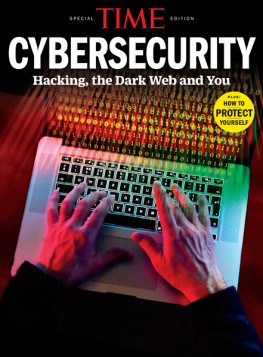





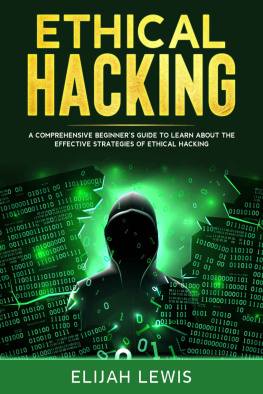

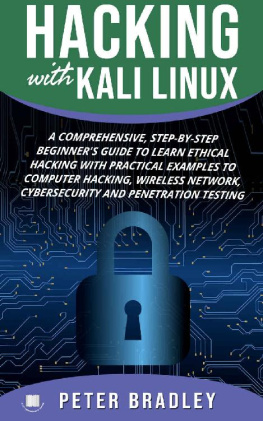
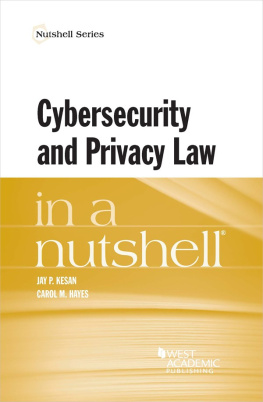
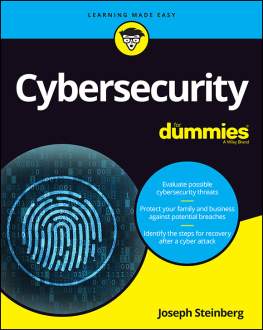
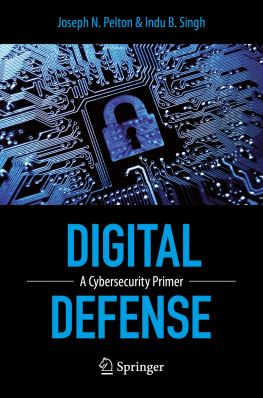
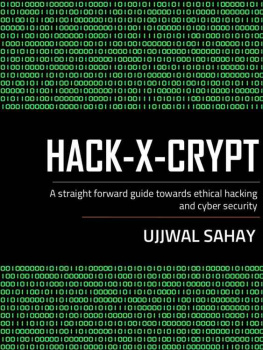


 For more one-of-a-kind TIME special editions and keepsakes, go to timespecialeditions.com
For more one-of-a-kind TIME special editions and keepsakes, go to timespecialeditions.com

